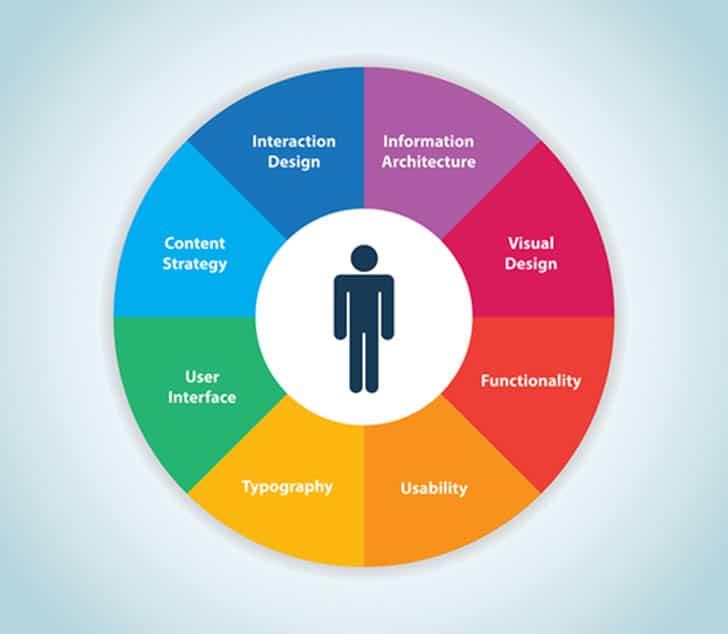In the fast-paced world of digital communication, businesses are continually seeking tools that not only enhance customer engagement but also streamline their support operations. Two popular contenders in this arena are Intercom and LiveChat, both renowned for their ability to connect brands with their customers in real-time. As companies navigate the intricacies of choosing the right platform, understanding the nuances of pricing and functionality becomes essential. This article delves into a detailed comparison of Intercom and LiveChat, exploring their distinct features and pricing structures to help organizations make informed decisions tailored to their unique needs. Whether you’re a small startup or an established enterprise, the insights here will provide a clearer picture of which tool can elevate your customer interaction game.
Exploring the Pricing Structures of Intercom and LiveChat
Understanding the pricing landscape of Intercom and LiveChat requires delving into their respective offerings and target audiences. Intercom typically structures its pricing around three main tiers: Essential, Pro, and Business. The Essential plan is tailored for startups and small businesses, providing basic messaging capabilities. The Pro plan introduces more advanced tools, such as custom reports and automation features, making it suitable for growing teams. the Business plan is designed for larger enterprises, offering full-feature access with priority support. Conversely, LiveChat opts for a more straightforward approach, featuring Starter, Team, and Business plans, which cater to varying levels of customer interaction needs and team sizes, ensuring a budget-friendly option for every organization.
Another aspect worth noting is the pricing transparency and flexibility of each platform. Intercom tends to implement a model based on the number of users and leads, which can result in fluctuating costs depending on the scale of your business growth. In contrast, LiveChat provides fixed monthly rates that remain consistent regardless of user volume, making budgeting more predictable for businesses. Below is a snapshot comparison of their starting pricing plans:
| Platform | Starting Plan | Price (per month) |
|---|---|---|
| Intercom | Essential | $39 |
| LiveChat | Starter | $19 |

Diving Deep into Features and Functionality Comparison
When evaluating Intercom and LiveChat, it’s essential to delve into their distinct features that cater to various business needs. Intercom stands out with its advanced capabilities in customer engagement, offering functionalities such as targeted messaging and comprehensive user segmentation. Key features include:
- Automated Chatbots: Reduce response times with AI-driven interactions.
- In-App Messaging: Engage users within your application, enhancing user experience.
- Help Center Integration: Provide users with self-service options, empowering them with quick answers.
On the other hand, LiveChat is designed for streamlined customer support and can seamlessly integrate with various platforms. Its primary strengths lie in providing real-time assistance and a user-friendly interface. Features of LiveChat include:
- Chat Transcripts: Keep records of interactions for quality assurance and follow-ups.
- Visitor Tracking: Gain insights on website visitor behavior to personalize interactions.
- Extensive Integrations: Connect with popular CRM and marketing tools to centralize customer data.
| Feature | Intercom | LiveChat |
|---|---|---|
| Automated Responses | Yes | Yes |
| Mobile App Support | Yes | Yes |
| Customization | Extensive | Moderate |
| User Segmentation | Advanced | Basic |

User Experience and Integration: Which Platform Excels?
When it comes to user experience, both Intercom and LiveChat have distinct approaches that cater to different client needs. Intercom offers a multi-faceted platform that integrates various communication channels into a single interface, allowing users to manage customer interactions seamlessly. This can enhance user experience by providing a more cohesive view of customer interactions, including email, chat, and in-app messages. Additionally, the platform’s advanced automation features can personalize user communication, adapting to the customer’s journey in real-time. On the other hand, LiveChat excels in providing straightforward chat functionalities that are easy to implement and use. Its focus on speed and simplicity makes it an ideal choice for businesses looking for an effective, no-frills customer service tool that fosters direct engagement with users.
In terms of integration, both platforms boast robust capabilities, but their strengths lie in different areas. Intercom integrates with a wide array of third-party applications, including CRM systems, project management tools, and marketing platforms, providing a comprehensive ecosystem for businesses. This interconnectedness allows for richer data collection and insights, which can be invaluable for targeted communication strategies. Conversely, LiveChat is designed with simplicity in mind, offering essential integrations that are quick to set up and require less technical knowledge. This ease of use appeals to smaller businesses or teams wanting to focus on customer interaction without the complexity of extensive configurations. the choice between the two platforms typically boils down to the level of integration complexity and the desired user experience.

Making the Right Choice: Recommendations for Different Business Needs
When deciding between Intercom and LiveChat, it’s essential to evaluate the specific needs of your business. For companies focusing on comprehensive customer engagement, Intercom offers robust tools such as automated messaging, customizable chatbots, and an extensive knowledge base. These features are designed to foster not just communication but genuine customer relationships. If your priorities include marketing automation and detailed analytics, Intercom’s functionality shines through, making it a stellar option for larger enterprises looking to enhance user experience.
Alternatively, if your business is primarily focused on providing immediate support and fostering quick interactions, LiveChat may be the better fit. Its straightforward interface and live support capabilities lend themselves well to small to medium-sized businesses that need efficient customer service solutions without the complexity of added features. The platform excels in usability and integration with other tools, ensuring that businesses can provide timely assistance without overwhelming customers with options. Furthermore, when it comes to affordability, LiveChat often delivers more competitive pricing, especially for startups and budget-conscious enterprises.
| Feature | Intercom | LiveChat |
|---|---|---|
| Customer Engagement | High | Moderate |
| Ease of Use | Moderate | High |
| Pricing | Premium | Affordable |
| Automation Features | Extensive | Basic |
To Conclude
In the dynamic landscape of customer communication, choosing the right tool can significantly impact your business’s efficiency and customer satisfaction. As we’ve explored the intricacies of Intercom and LiveChat, it’s clear that both platforms bring unique strengths to the table. Intercom’s robust functionality caters to businesses seeking advanced automation and personalized engagement, while LiveChat shines in delivering straightforward, user-friendly support solutions.
Ultimately, the decision hinges on your specific needs—whether you prioritize comprehensive customer journey mapping or streamlined chat experiences. By weighing both pricing models and functionalities, you can make an informed choice that aligns with your goals. Remember, the best tool is not just about features or cost; it’s about finding the right fit for your team and your customers. As you embark on this journey, may your choice enhance your communication strategies and foster deeper connections with your audience. Happy chatting!





Pingback: Intercom vs. Freshdesk: Finding the Best Solution for Your Business - AI in Novas
Pingback: Intercom vs. Zendesk: Which Customer Support Platform is Right for You? - AI in Novas